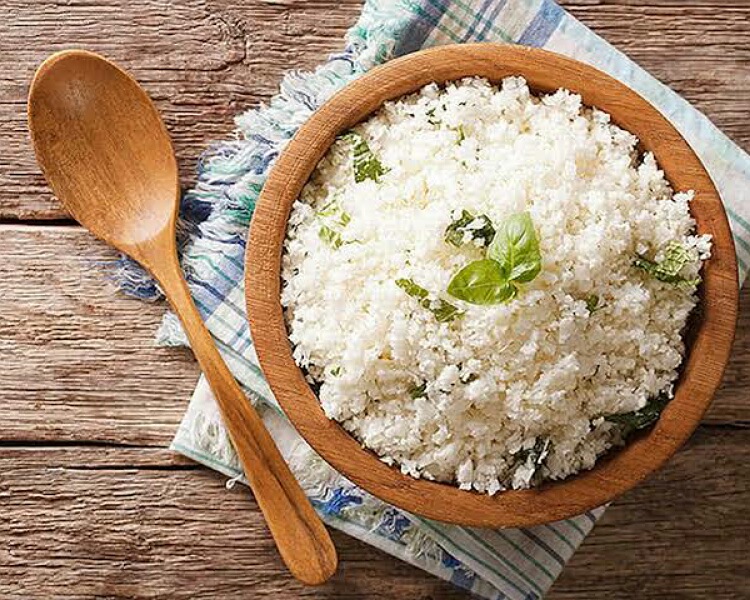Rice diet for weight loss! This high-carb, low-protein, and low-fat diet started in the 1940s. What exactly is this diet? What are its benefits? Any side effects or caution words on it?
Rice diet: the origin
It was in the 1940s that a research scientist from Duke University in Durham North Carolina created the rice diet. His name was Walter Kempner.
And he started this diet to treat patients with hypertension of the malignant type and renal failure. He hypothesized that the change in diet in these patients to high carb reduced the load on the kidneys.
It saved lives and further damage to the renal system. This diet was a revolution and helped patients with not only high blood pressure but also obesity and other disorders.

In 2006, Kitty and Robert Rosati released the book called The Rice diet solution.
This gave impetus to the popularity of this diet. In Walter’s initial study, 107 out of 192 recruits had improved blood pressure readings. In many, heart size was reduced, and serum cholesterol and retinopathy also came down.
What is a rice diet?
This is a high-carb but low-protein and low-fat diet. Walter’s original diet comprised only fruit juices and rice to make 2000 calories in a day. Salt, protein, and fats are low.
Carbs are high and of complex type. Though Walter had not advocated it for weight loss, in the early 2000s it became a popular diet for it.

For the weight loss diet, the diet has 3 phases detox, weight loss, and maintenance of weight. It advises 1k to 1.2 kcalories per day. Fruits and vegetables are allowed.
But no fat and low salt of 500 to 1000 mg sodium per day. Vegans can take 2 slices of bread per day in place of milk. Portion sizes are important in this diet.
One can consume starches such as rice, beans, and cereals, and protein sources can be animal products (fish and chicken) or vegetarian products like beans and eggs. The details of the phases are outlined in the book.
Benefits and side effects
There are claims that this diet helps rapid and safe weight loss. Men lose as much as 30 lbs in 4 weeks and women can shed 19 lbs in the same period. It gives an energetic life and clear thinking.
Since salt is less, appetite stimulation is less and overeating diminishes. Additionally, water weight is reduced. Saturated fats are less and fiber content is high.
This keeps the stomach full and eating is therefore less. This helps reduce weight. Moreover, the diet has low calories.

The diet recommends mindful thinking and support from those around. Regular exercise is also a part of it. But the diet is too restrictive. Eating outside or during travel might pose problems.
Some nutritional deficiencies might erupt. Since it is low in protein, muscle mass decreases. There might be an associated weaknesses due to it.
Restricted fats also are an issue. People with colon surgery, ureteral diversions, and impaired kidney function should avoid this diet. Warfarin may need dose adjustment on this diet.
Read more about Tom Stoltman: know the diet of this strongest man in the world!
Some people feel dizzy with this diet. Vitamin B12 deficiency may creep in in some people. Omega 3 fatty acid supplements may be required in some. Those with congestive heart failure or diabetes should consult their doctors before starting this diet.
